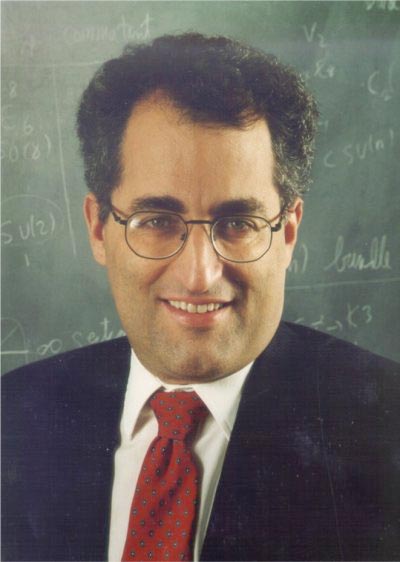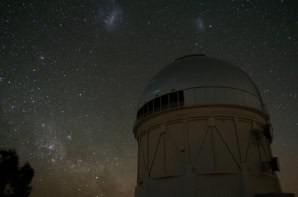
String theory pioneer Edward Witten has won the 2010 Isaac Newton Medal of the Institute of Physics for “his many profound contributions that have transformed areas of particle theory, quantum field theory and general relativity”.
The international medal comes with a £1000 prize and is awarded for “outstanding contributions to physics”. It will be presented at a ceremony in London on Friday, where Witten will deliver the UK-based Institute’s 2010 Isaac Newton Lecture.
Witten is at the Institute for Advanced Study in Princeton, New Jersey, and is widely regarded as a leading figure in the development of string theory. String theory implies that elementary particles such as electrons and photons are just manifestations of a more fundamental layer of nature described by 1D strings 10–35 m in length. Originally formulated to describe the strong force acting on quarks and gluons, string theory soon became a potential “theory of everything” that could unify gravity with the other three forces in nature.
New methods of calculation
Representing particles as strings requires 10 or 11 dimensions, which makes it very difficult to do practical calculations such as working out what would happen when two electrons collide. Witten tackled this challenge by adapting the mathematics of particle physics to create new methods for performing calculations within string theory.
Professor Dame Jocelyn Bell Burnell, president of the Institute of Physics, said “Professor Witten’s originality, physical insight and mathematical power have revolutionized the subject. A most creative and productive theoretical physicist, he has had a tremendous impact in the areas of quantum field theory, general relativity and string theory.”
Witten, who is 58 and an American citizen, did his first degree in history at Brandeis University. He then moved to Princeton University where his PhD adviser was David Gross, another leading string theorist.



